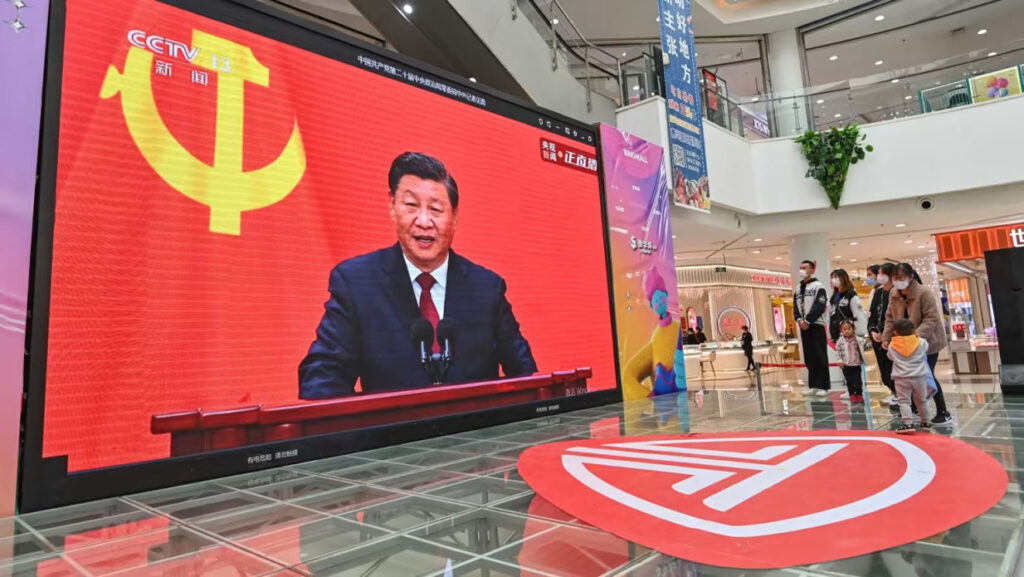It seems that China’s wealthy have come to trust western banks more than they trust state controlled Chinese banks. Fearful for their fortunes and distrusting the stability of their own government, many are looking for covert and sometimes illicit ways to safeguard their assets. And rightfully so, since the Chinese Communist Party has expressed and acted with disdain for the entrepreneurs and business people who have grow its GDP to be the second largest in the world.
For some, like 32-year-old Phoebe, this means trusting complete strangers with their life savings. After transferring her money to an account of a local facilitator, she waited with bated breath. After a few hours, the funds started appearing in her separate Hong Kong account, from various unknown sources. Phoebe’s money had moved through a shadowy, unregulated system known globally as “hawala”. Rooted in trust, this system involves money handlers who, outside the purview of traditional banking systems, transfer funds based on verbal agreements.
While Hong Kong has seen its political freedoms diminish, it remains an essential financial hub with unrestricted access to global capital markets. Once money reaches Hong Kong, it’s essentially free to go anywhere.
Why the Sudden Exodus?
The rich and even the middle-class in China have reasons for their growing unease. President Xi Jinping’s drive for “common prosperity” and clampdowns on certain industries have cast shadows of uncertainty. As the domestic economy appears increasingly shaky, there’s a perceived necessity to stash money outside China. Whether to diversify assets or in preparation for potential emigration, the desire to externalize wealth is palpable.
However, there are strict rules. Individuals can usually wire only up to $50,000 a year overseas, and even emigration offers just a one-off chance to transfer money. This is where underground systems come to the rescue.
The Risky Business of Underground Banking
Though beneficial, these covert systems are not without danger. If caught using such illegal services in mainland China, one could face hefty fines, typically around 30% or more of the transferred amount. In cases of significant sums, jail time is a real threat.
Moreover, the origins of this money are murky. Chinese underground banks often use money generated by criminal groups involved in activities like drug trafficking, human smuggling, and human trafficking. So, while trying to protect their assets, individuals might inadvertently find themselves complicit in criminal enterprises.
Just How Big is This?
The true scale of these secretive operations is hard to gauge. However, some insights suggest their magnitude is massive. A 2021 investigation disclosed an operation that managed assets worth 75.6 billion yuan (about U.S. $10.5 Billion), distributed amongst five organizations and involving over 8,000 banks.
In fact, this trend of moving money out of China is expected to continue, with projections suggesting over 700,000 Chinese people planning to emigrate in the next two years. As Beijing possibly tightens its grip on cash transfer regulations, experts anticipate the demand for these covert services to remain robust. With some estimates suggesting as much as $150 billion exiting China this year, it’s evident that the nation’s wealthy are voting with their wallets, signalling their mistrust in the government’s handling of the economy.
